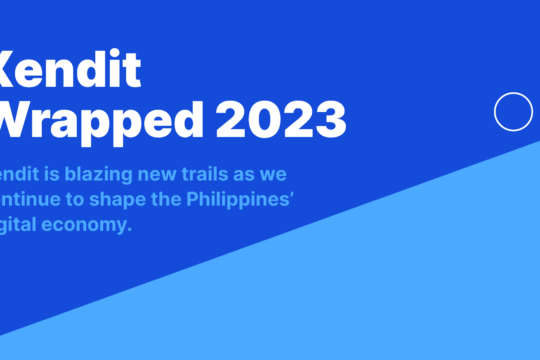When Noreen Bautista was asked by her seatmate about what she was wearing to class, she saw an opportunity to weave a better future for Filipino artisans. From then on, she never looked back.
Solving for her seatmate, and then for cultural heritage
Noreen recalls how she would always get compliments for her hablon outfits because of their unique woven patterns. However, when her seatmate noticed the weave, the conversation went beyond compliments.
‘I was also wearing the hablon barong, and she was like, “Where did you get it? I’ve always wanted to source hablon,”’ Noreen recounted. At that time, she was taking up her Master’s Degree in Science, specializing in Innovation and Business at the Asian Institute of Management.
Noreen hails from a province in central Philippines called Iloilo, where hablon is a popular weave. Hablon comes from “habol” in the local language Hiligaynon. This means “to weave,” and also refers to the actual product itself. Hablon is made of indigenous fibers woven into amazing patterns using hand loom techniques. These fabrics are usually thought of as chameleons, changing colors in different angles.
Iloilo used to be the Textile Capital of the Philippines. There, the weaving industry flourished in the mid-1800s, during the Spanish occupation. Thousands were employed to cope with the high demand coming from nearby provinces and as far as Europe. However, as people started trading, cheaper textiles also flooded the market. New industries were opened, and the region shifted from textile production to sugar trade.
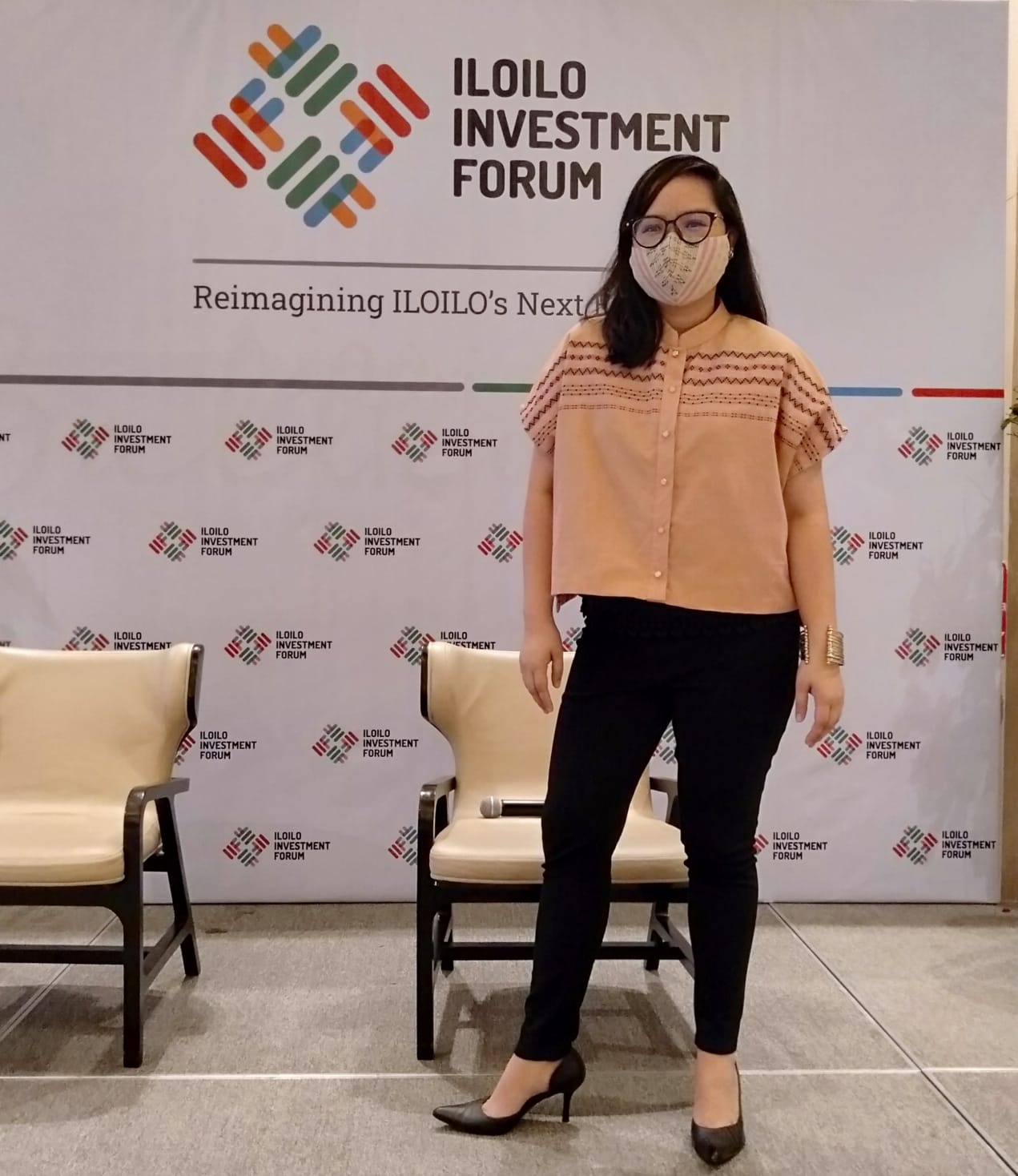
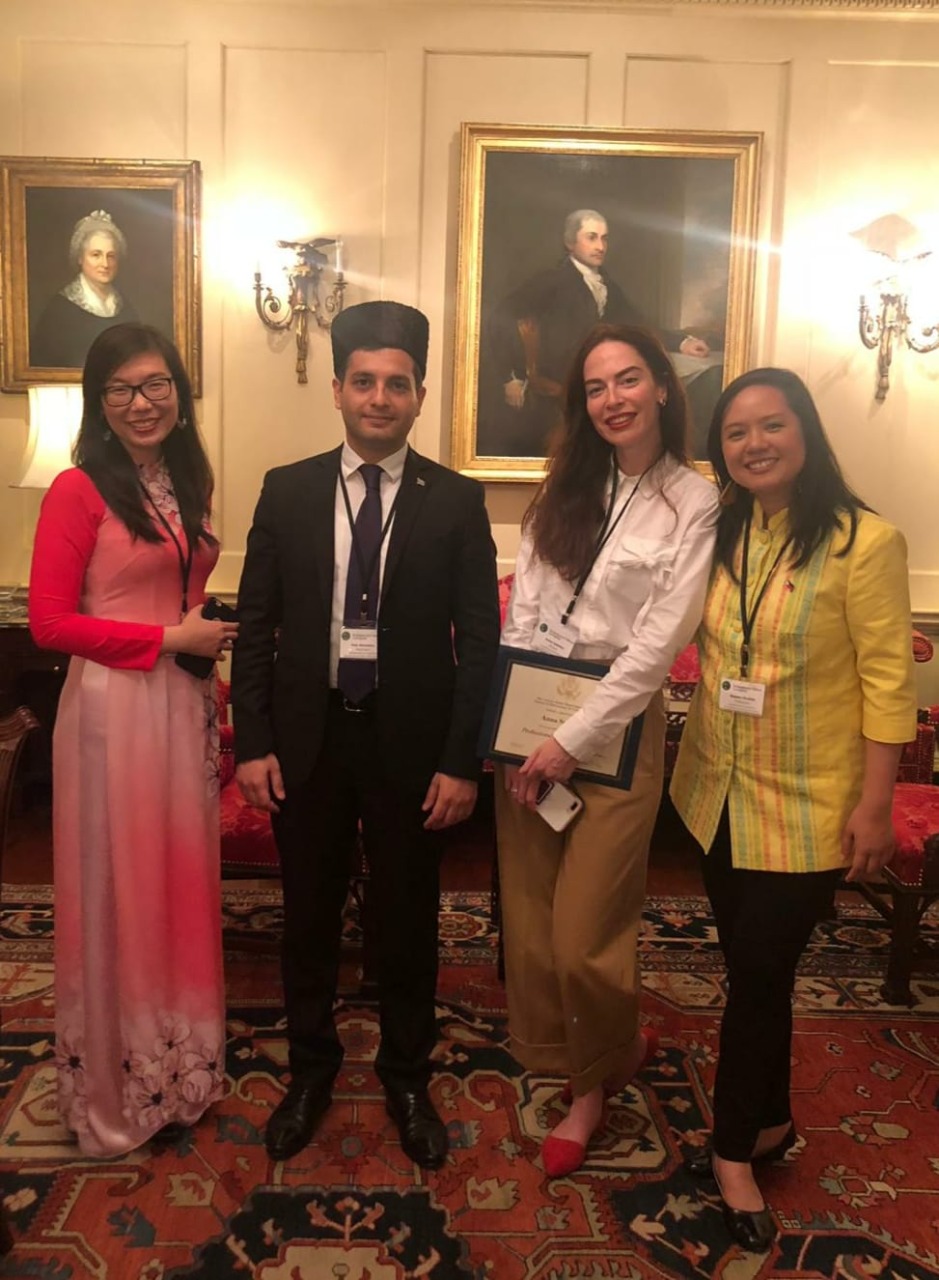
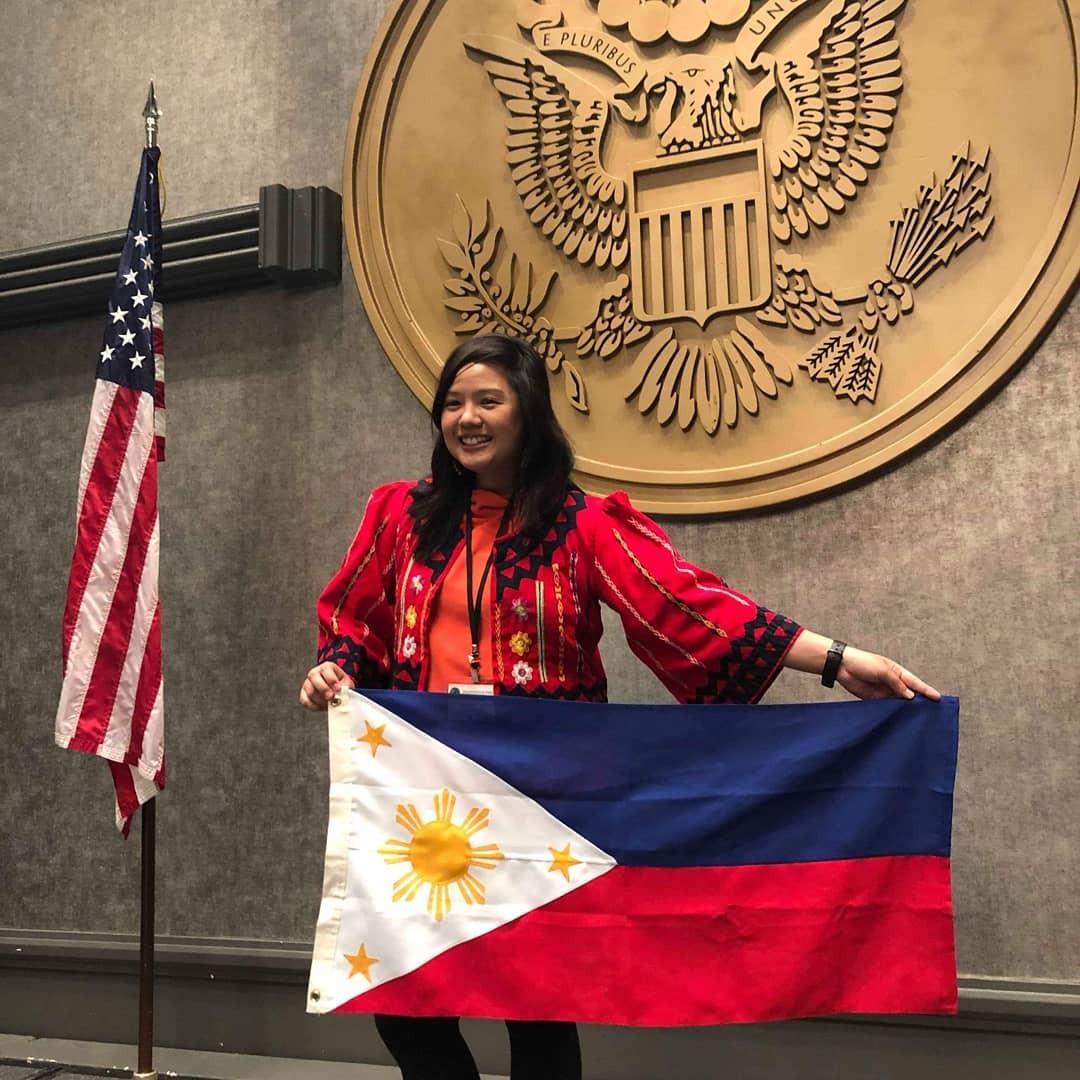
The weavers’ pain points are interwoven
When Noreen’s seatmate asked about her hablon barong, it was a confirmation of the same problems she had heard about earlier on. She had just returned from an international fellowship when she learned about the demand for artisanal clothing made from handwoven textiles in the Philippines.
Eventually, she turned the idea into her project. She made an indigenous textile sourcing platform for her tech startup project to earn her Master’s degree. She then enlisted the help of that same seatmate, Margs Malazo, who eventually became one of her co-founders.
It was around that time when the COVID cases started rising. The entire Philippines was then placed under a nationwide lockdown.
“We realized that, all the more we should do this! Because on the other hand, our rural artisans–our weavers–they rely so much on in-person events like tourism trade shows. So when events were canceled during Covid, their sales decreased by 90%,” she said.
From solving her seatmate Margs’ pain point, Noreen was then introduced to newer pain points to solve. This time, it was not just about the artisans, but the industry, and nature as a whole. She started connecting designers to weavers on a bigger scale so she could serve her mission better.
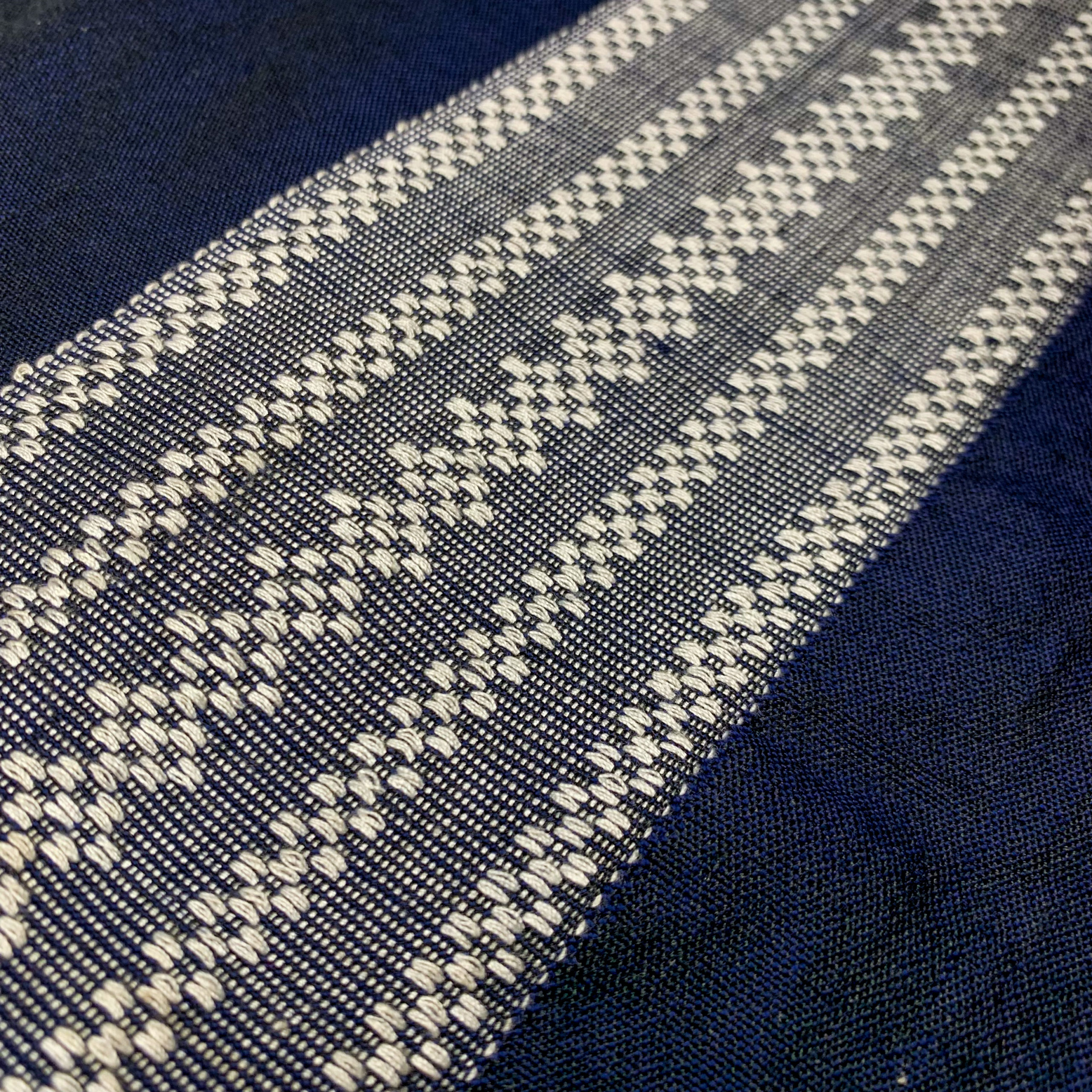
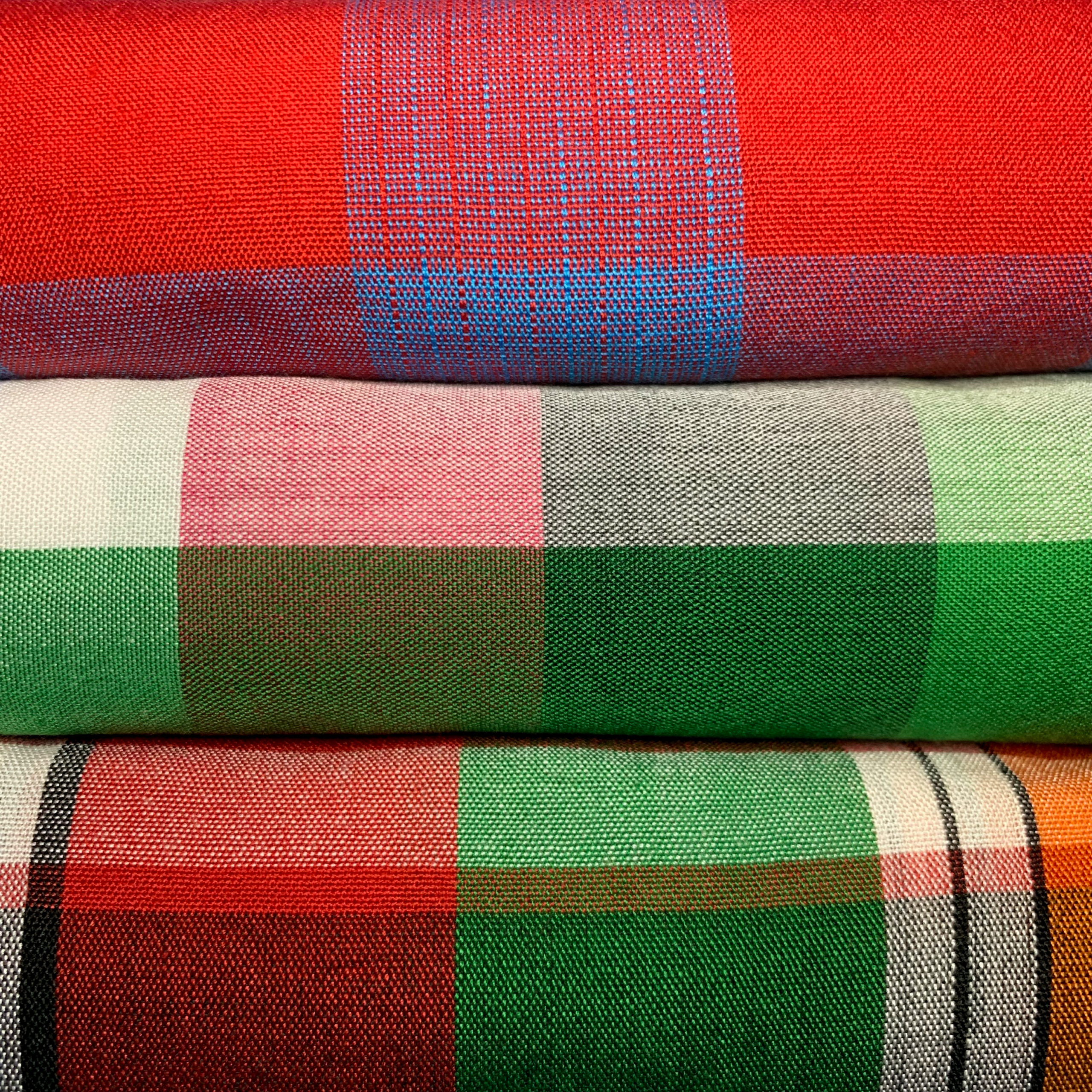
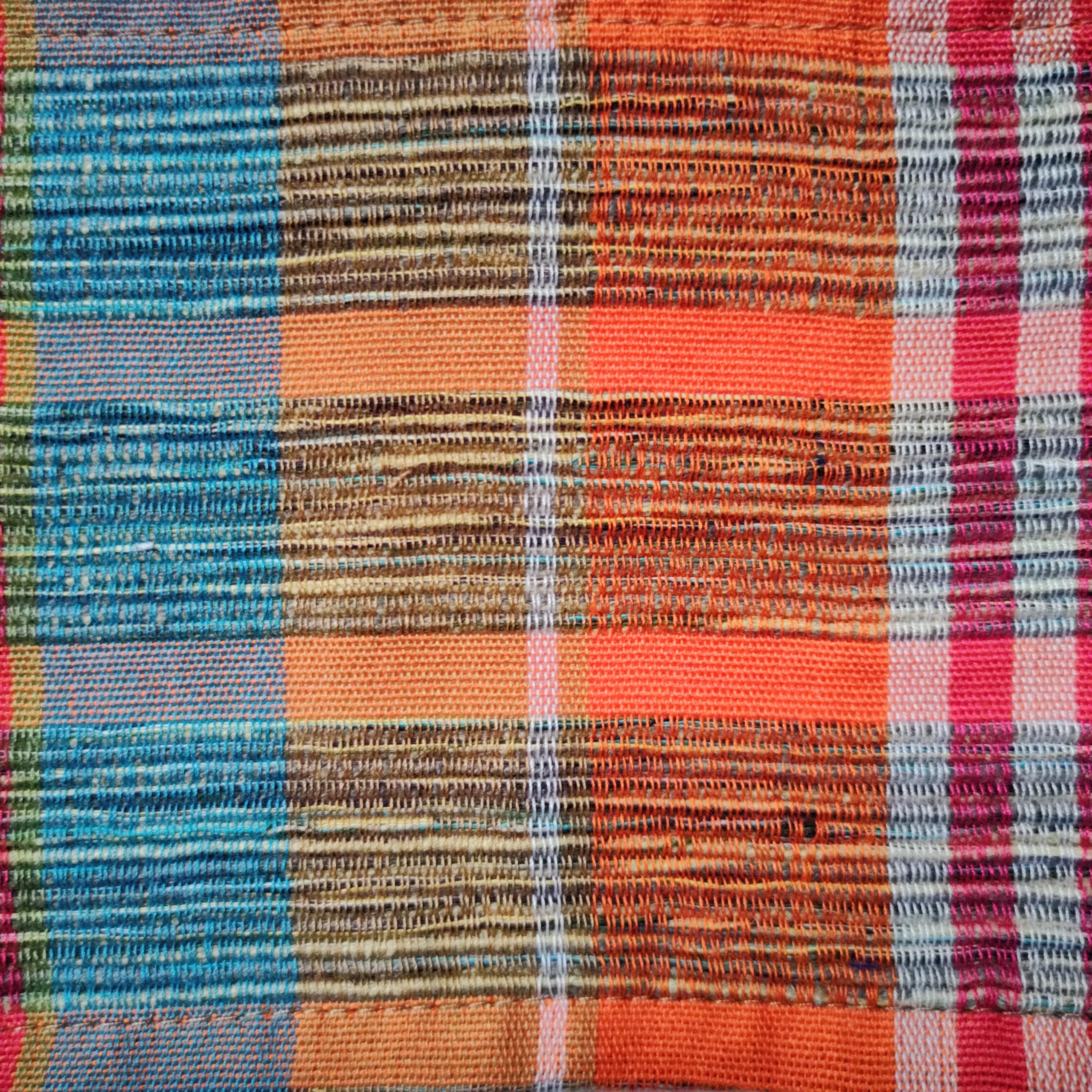
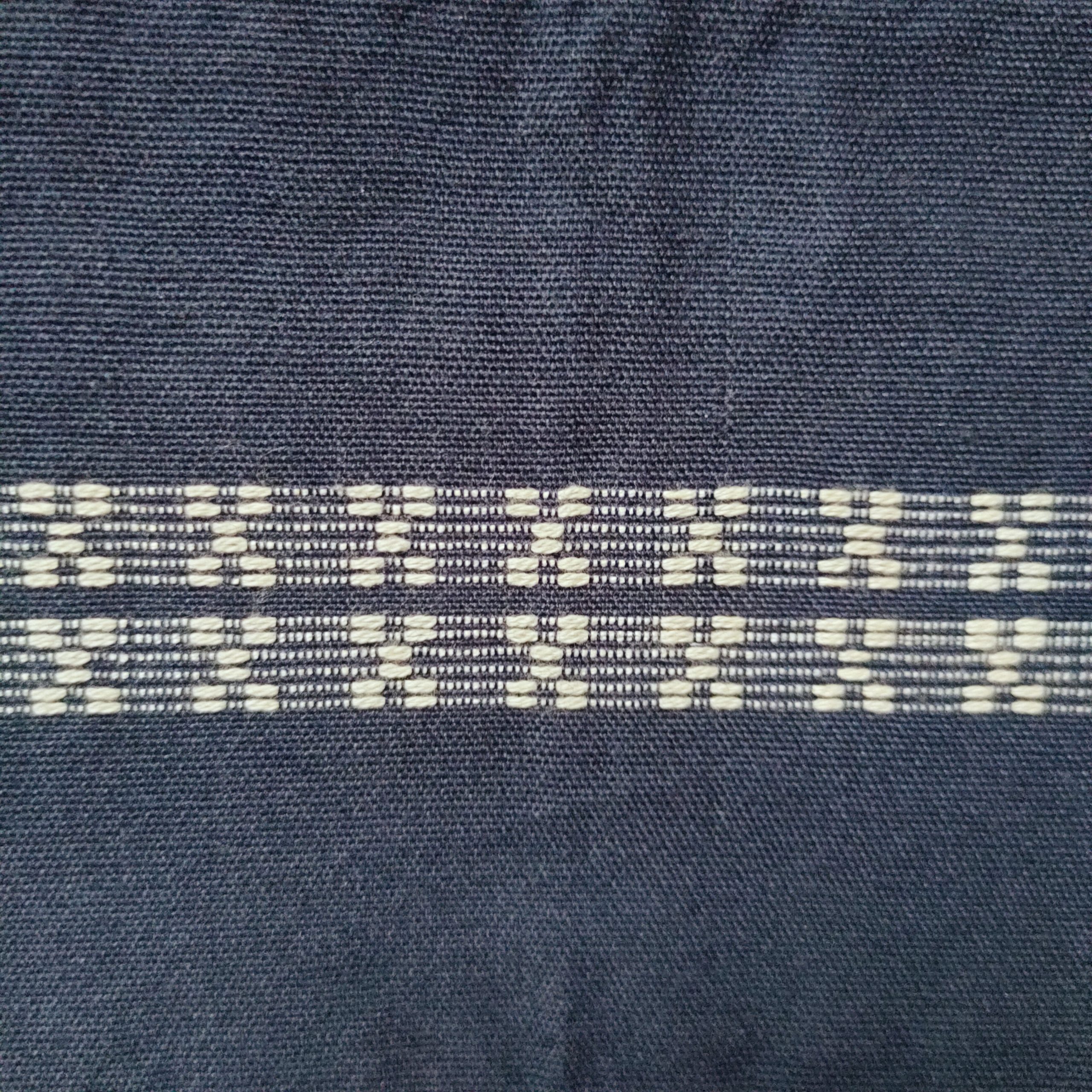
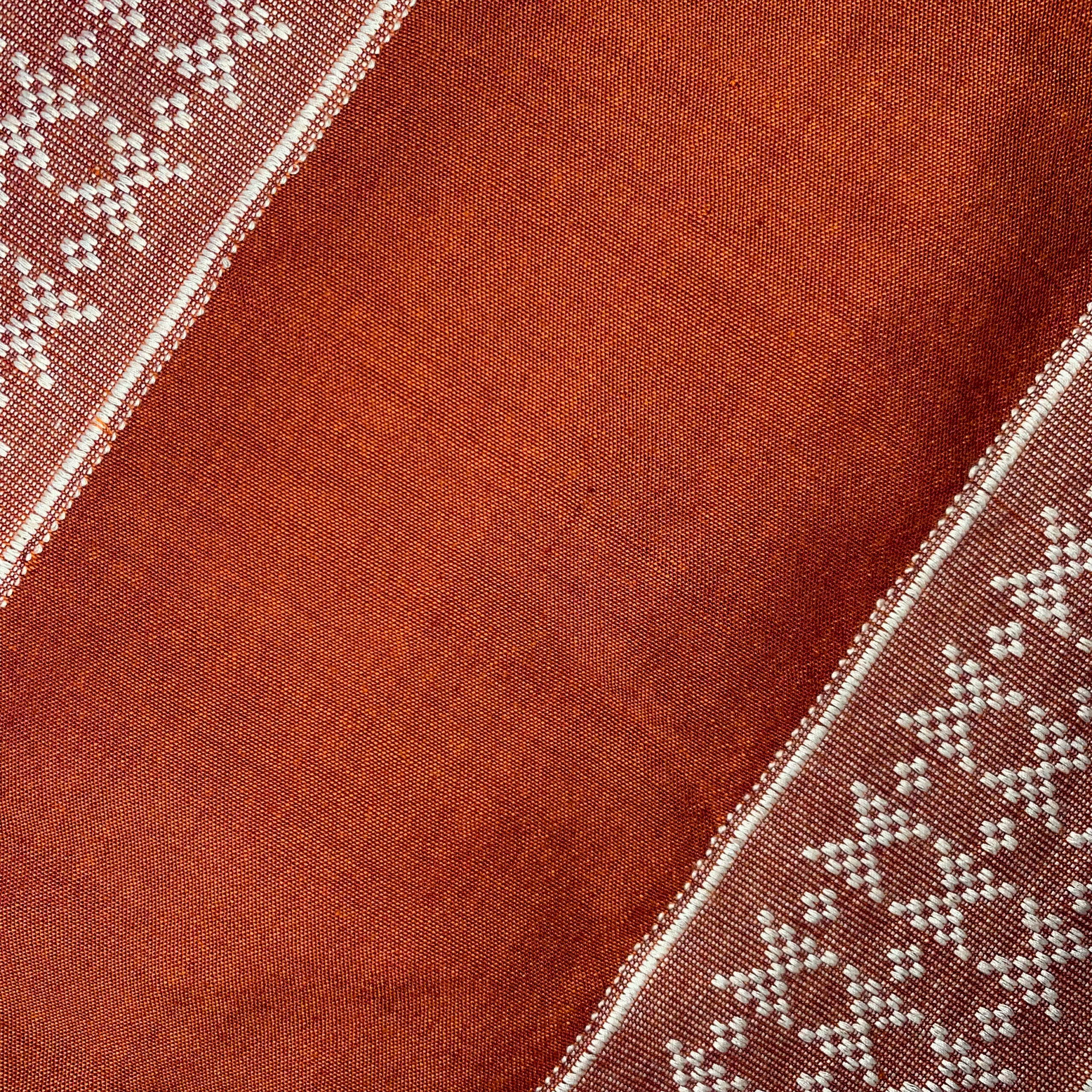
The birth of Panublix
As she was learning more about the situation on the ground, Noreen eventually met the rest of her team who eventually became her other co-founders. Together, they built Panublix, a digital sourcing platform, connecting designers with sustainable tropical textiles and artisan crafts. The name came from “panubli-on,” another Hiligaynon word, which means heritage.
Panublix has three K’s in their mission: kultura (culture), kapwa (humanity), and kalikasan (biodiversity). This means they are after helping creatives connect with sustainable tropical textiles and artisan crafts while valuing culture, humanity, and biodiversity.
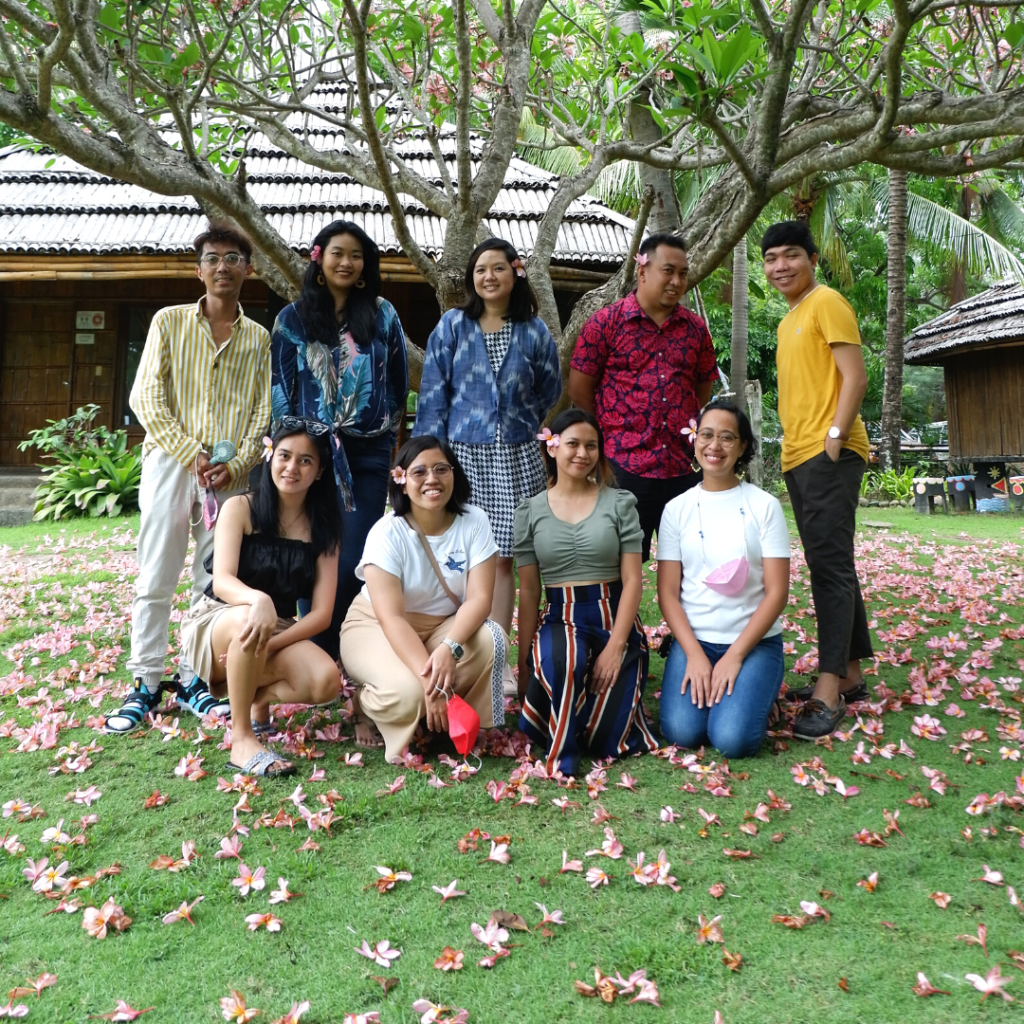
Helping mitigate the climate crisis
“The problem that we’re trying to solve is really–it’s actually a high-level thing, because we’re still in a climate crisis,” Noreen notes.
Weavers in the Philippines usually stock up on products whenever they can. The usual clients are designers that are assigned to events, trade fairs, and other special occasions. However, when the pandemic ensued and these were not happening, the sales dwindled. Weavers had wanted to export to and compete in the European market. Unfortunately, European standards forbid the use of synthetic fibers, which local weavers had added to their hablon weaves over time to save costs and make their weaves stronger.
The European standards were put into place as a response to the growing carbon footprint coming from the clothing industry, from sourcing to manufacturing.
“So the problem that we are trying to solve is: how can we enable designers to have access to the regenerative materials–the sustainable materials–and make it easy for them to collaborate with artisans?” said Noreen.
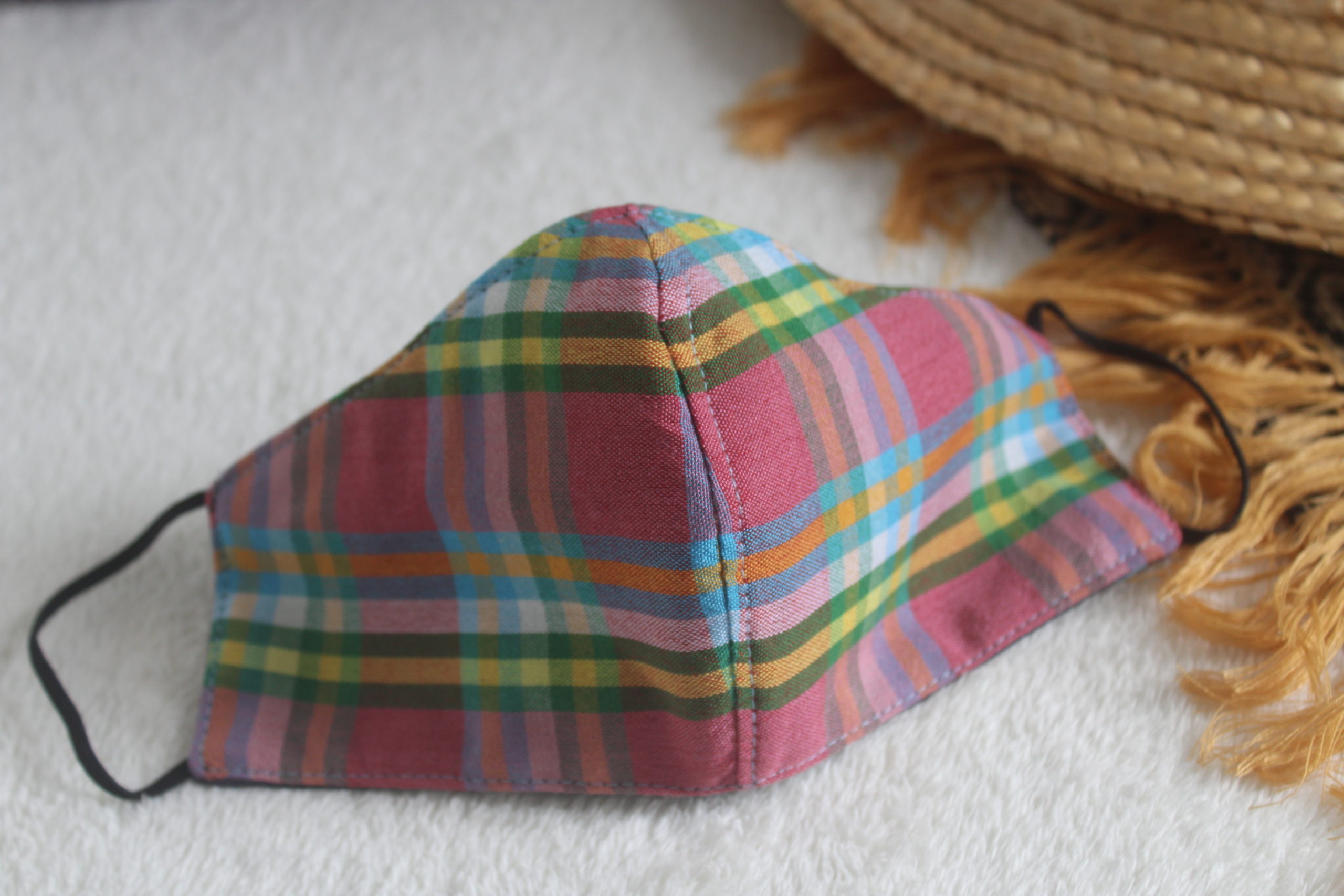
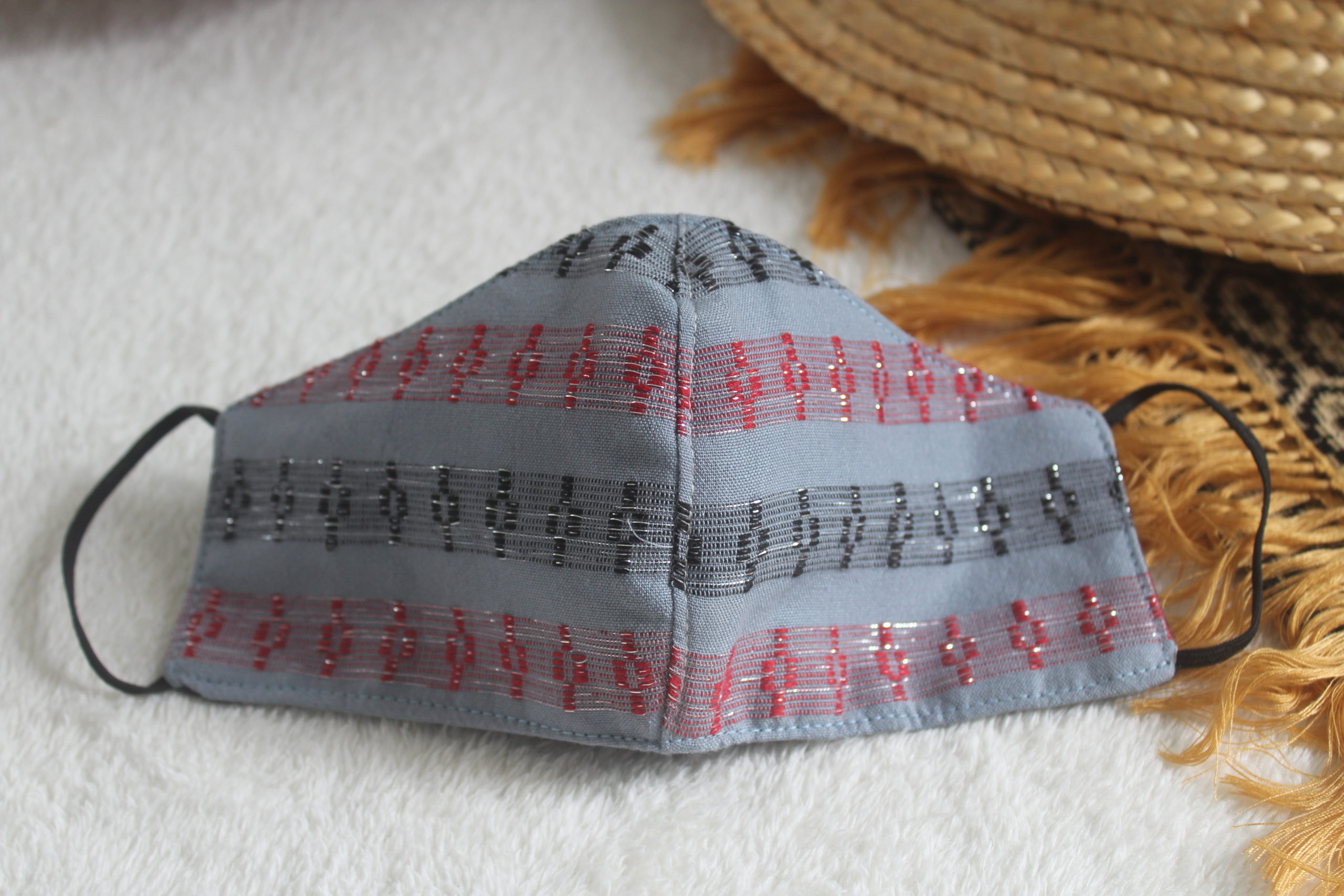

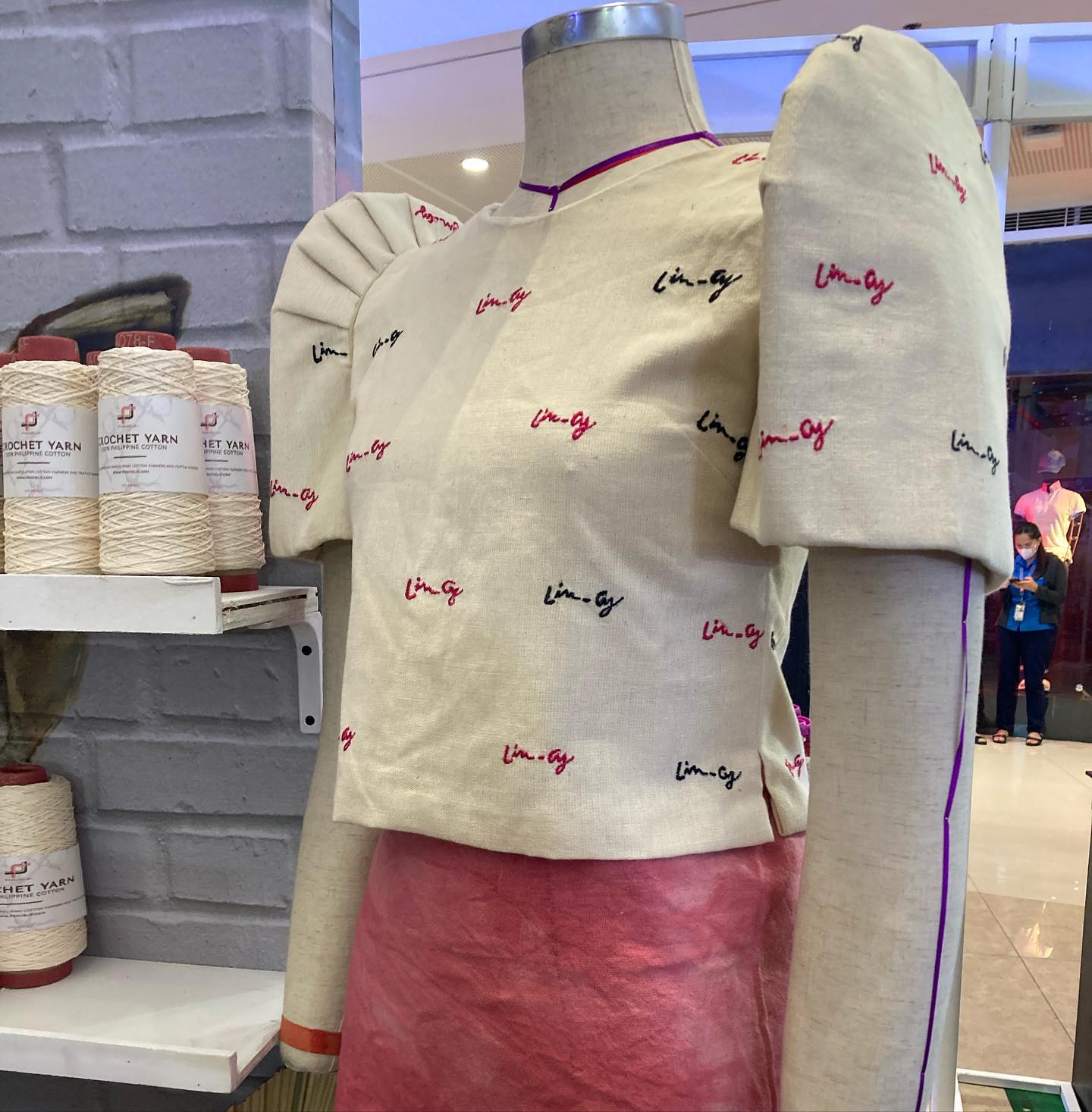

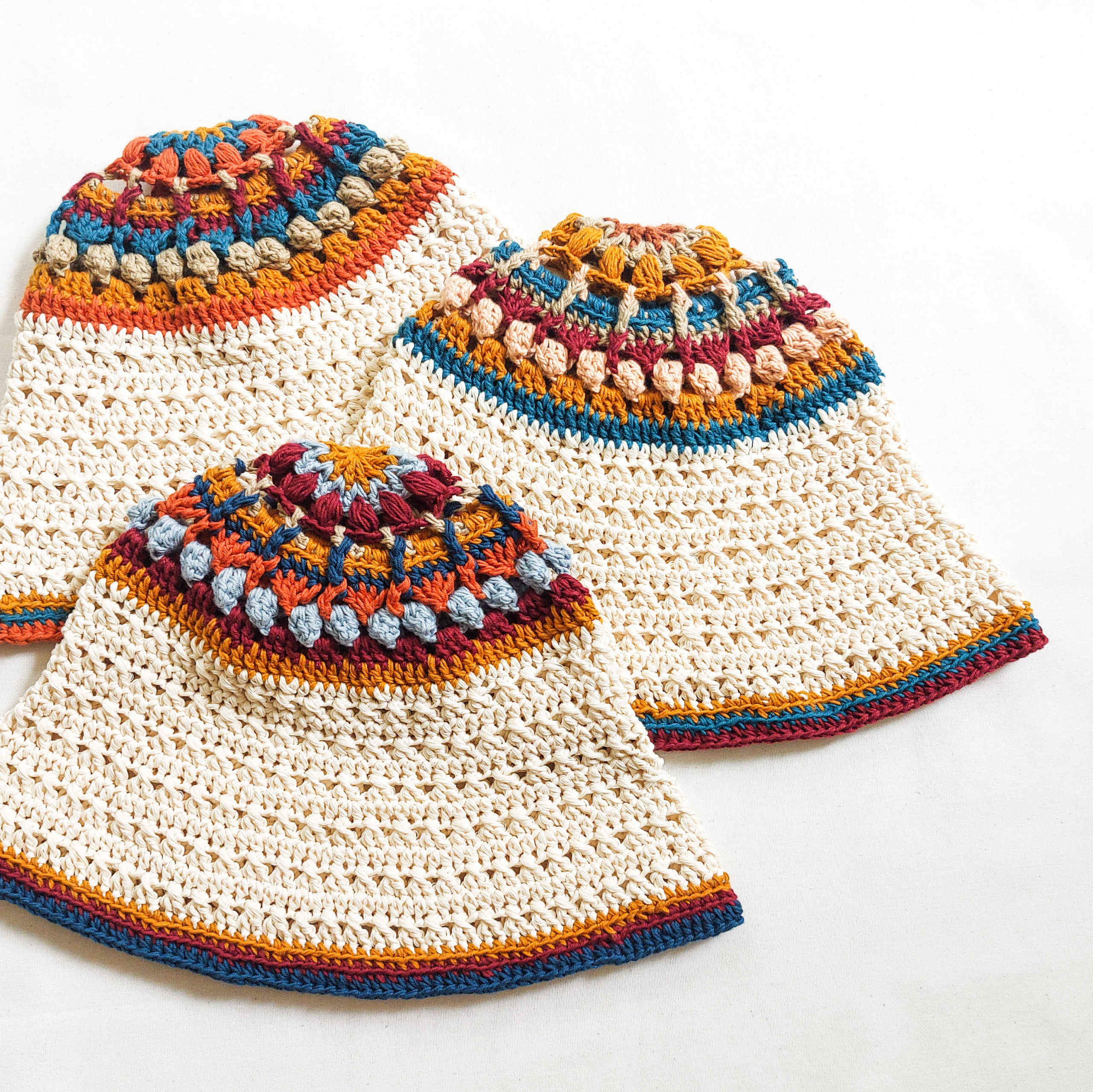
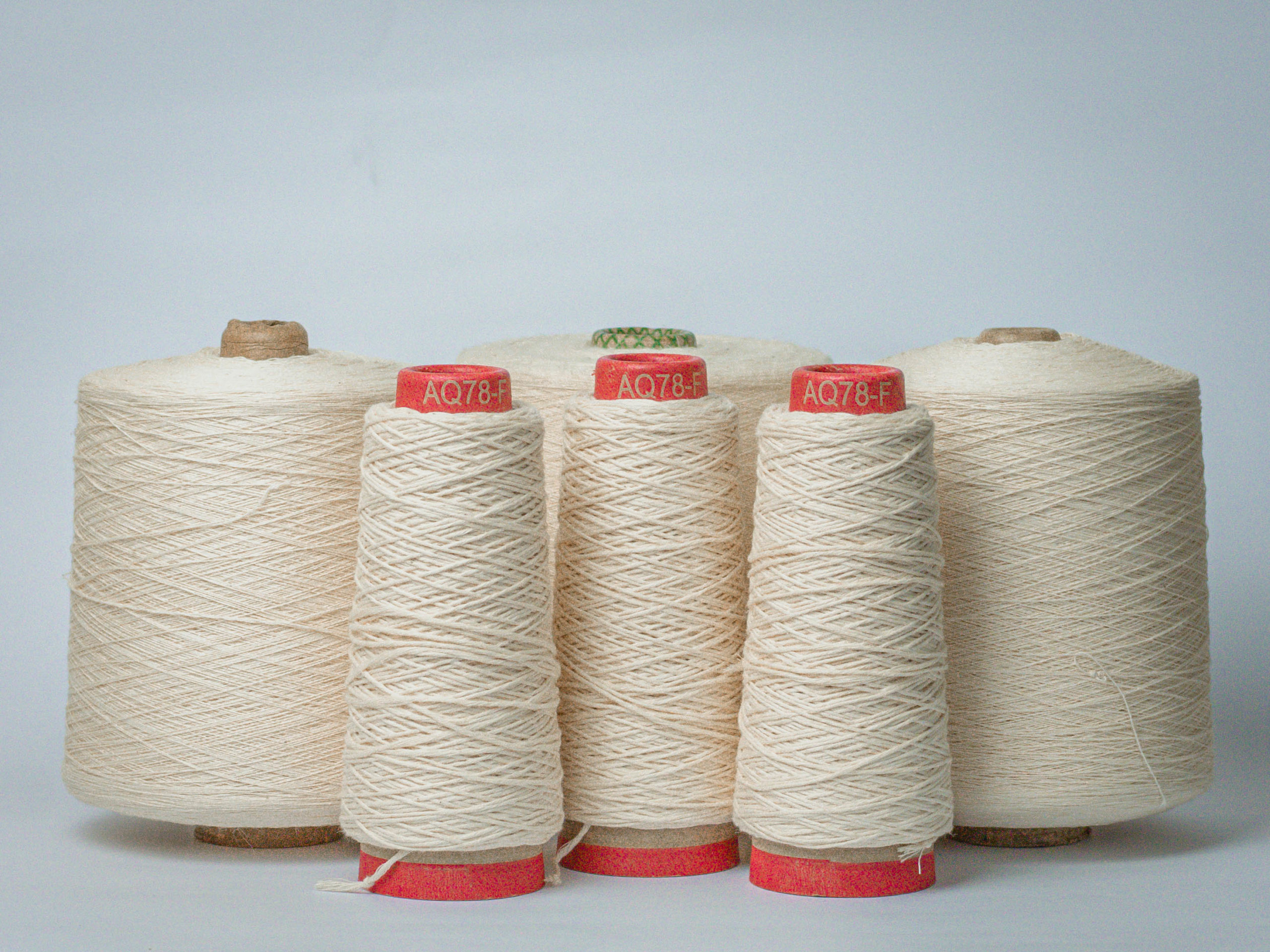
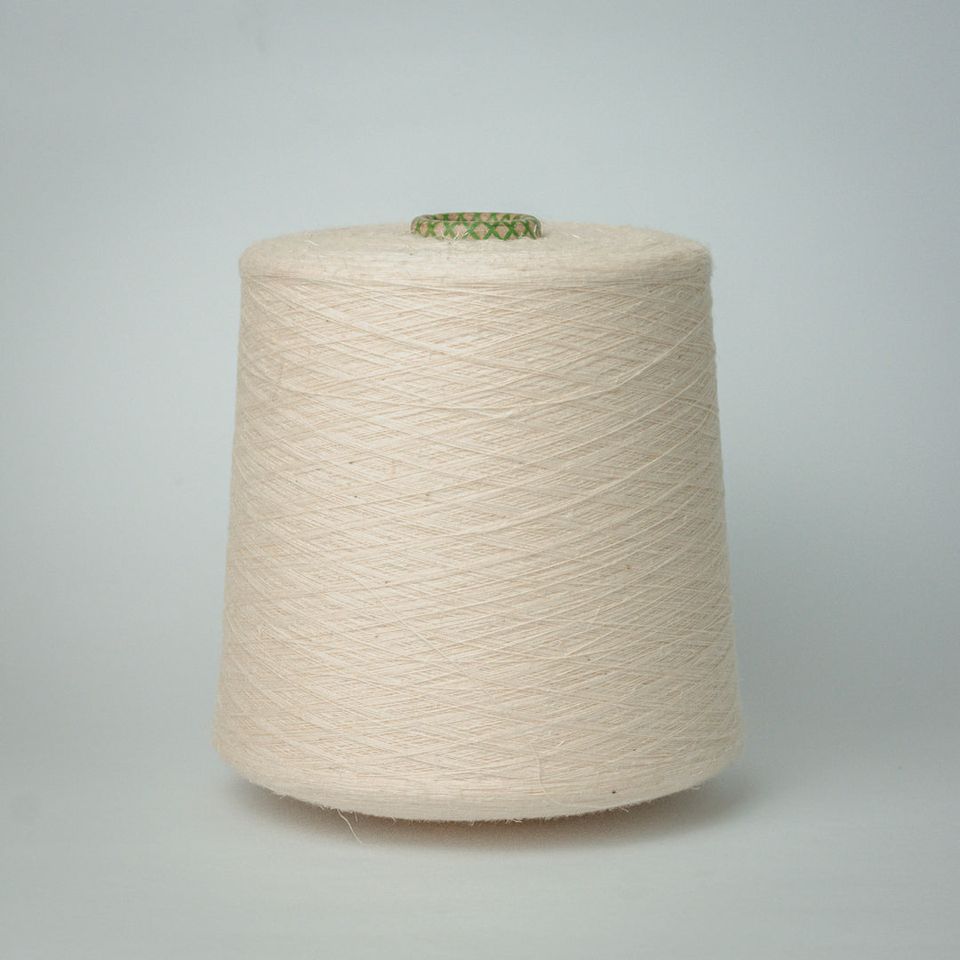
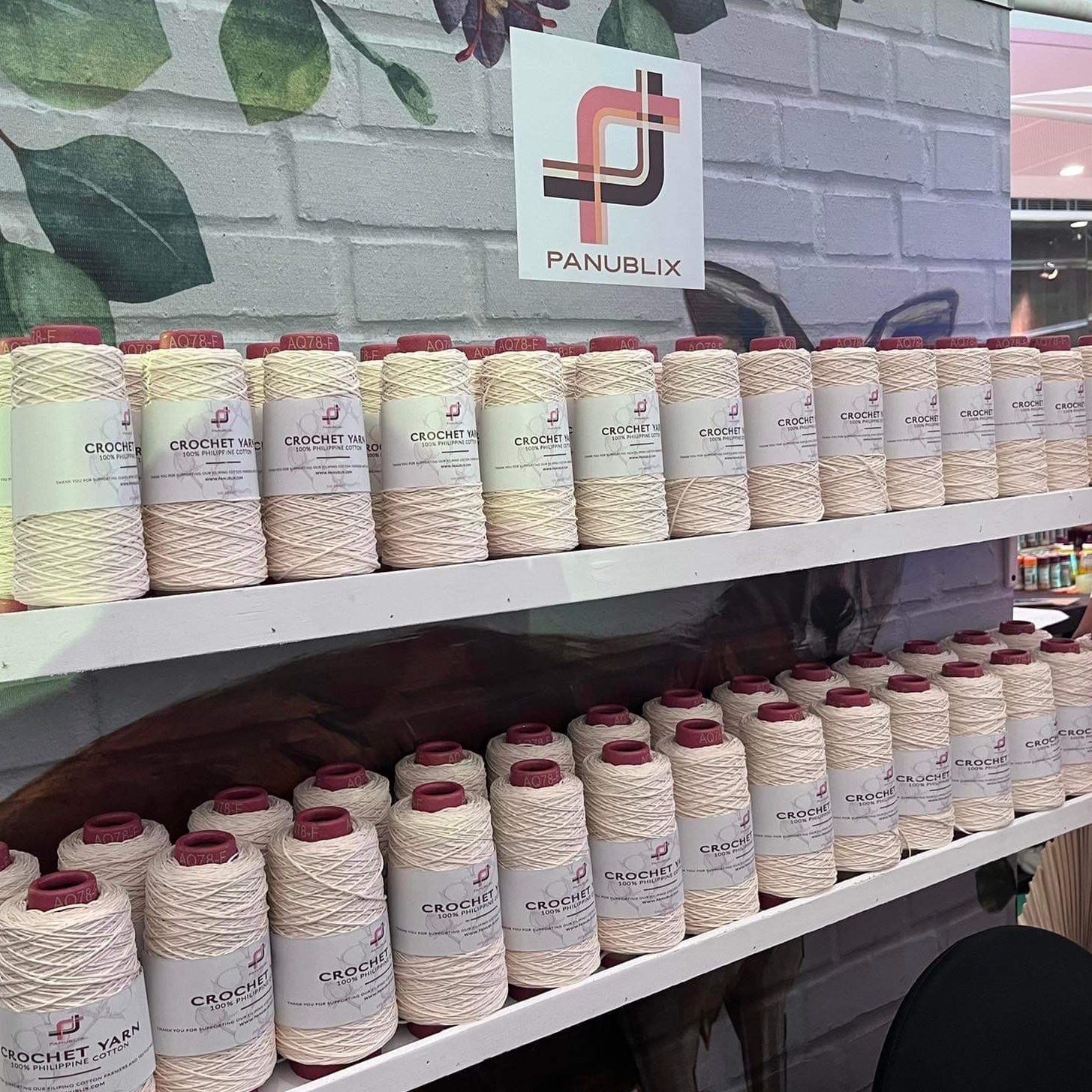
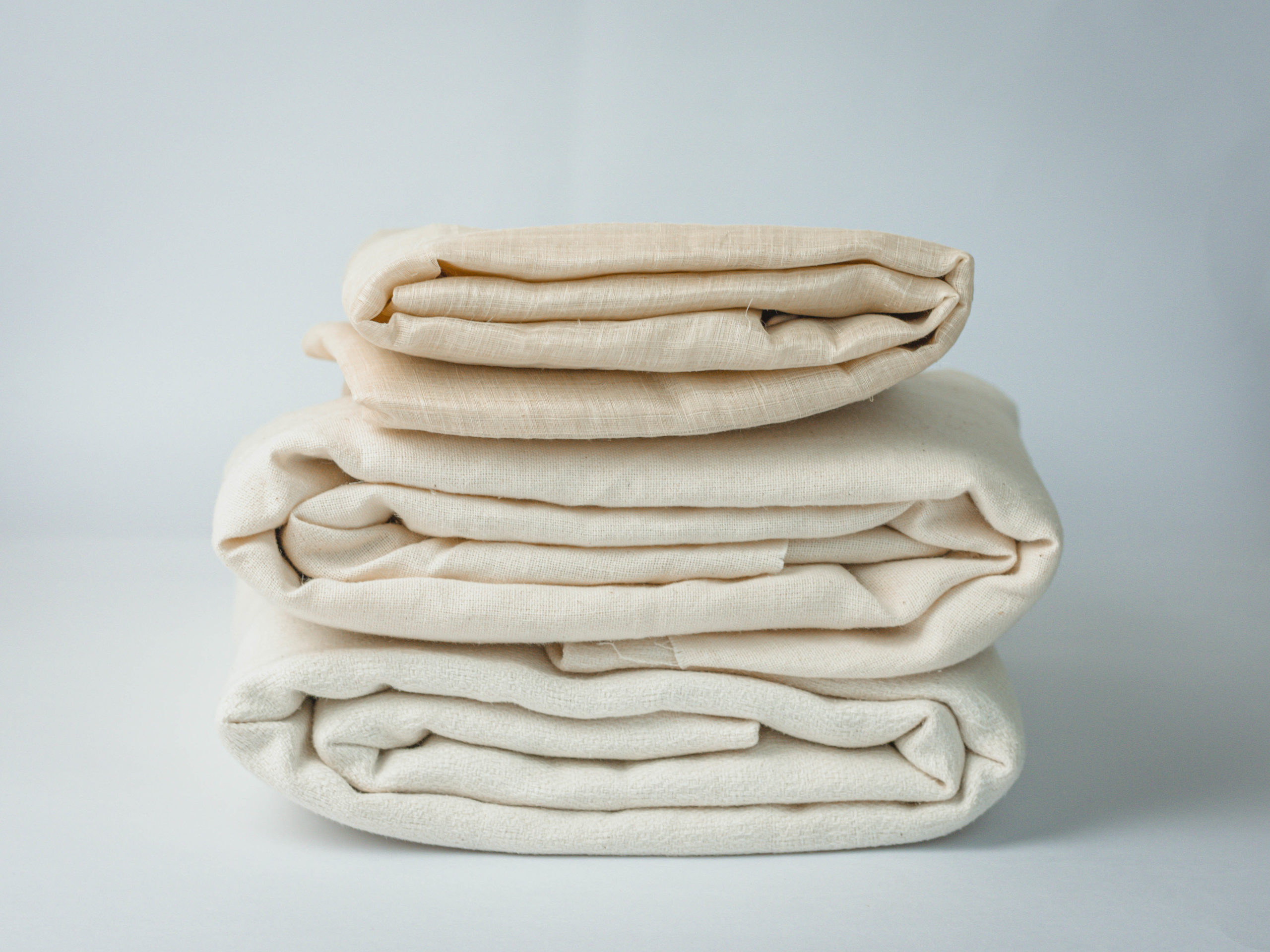
Ethically sourced and locally produced
With this, she and her team at Panublix started building an entire ecosystem for designers and weavers to create sustainable textiles and support their livelihood. Through their initiatives, Panublix is not only able to help revive the indigenous art of weaving in the region, but they are also able to contribute to the restoration of nature by promoting sustainable threads and fabrics.
Panublix has partnered with government stakeholders through the Regional Yarn Production Innovation Center or RYPIC. This micro-spinning yarn facility can produce a total of 50 kgs of cotton yarn and blends like cotton-abaca and cotton-pineapple in a day. This is what Panublix weavers use in order to replace polyester in their weaves. Polyester is a synthetic fiber derived from oil. The energy required to produce it makes it a high impact process.This is why Panublix has been working on using natural fibers in their weaves instead.
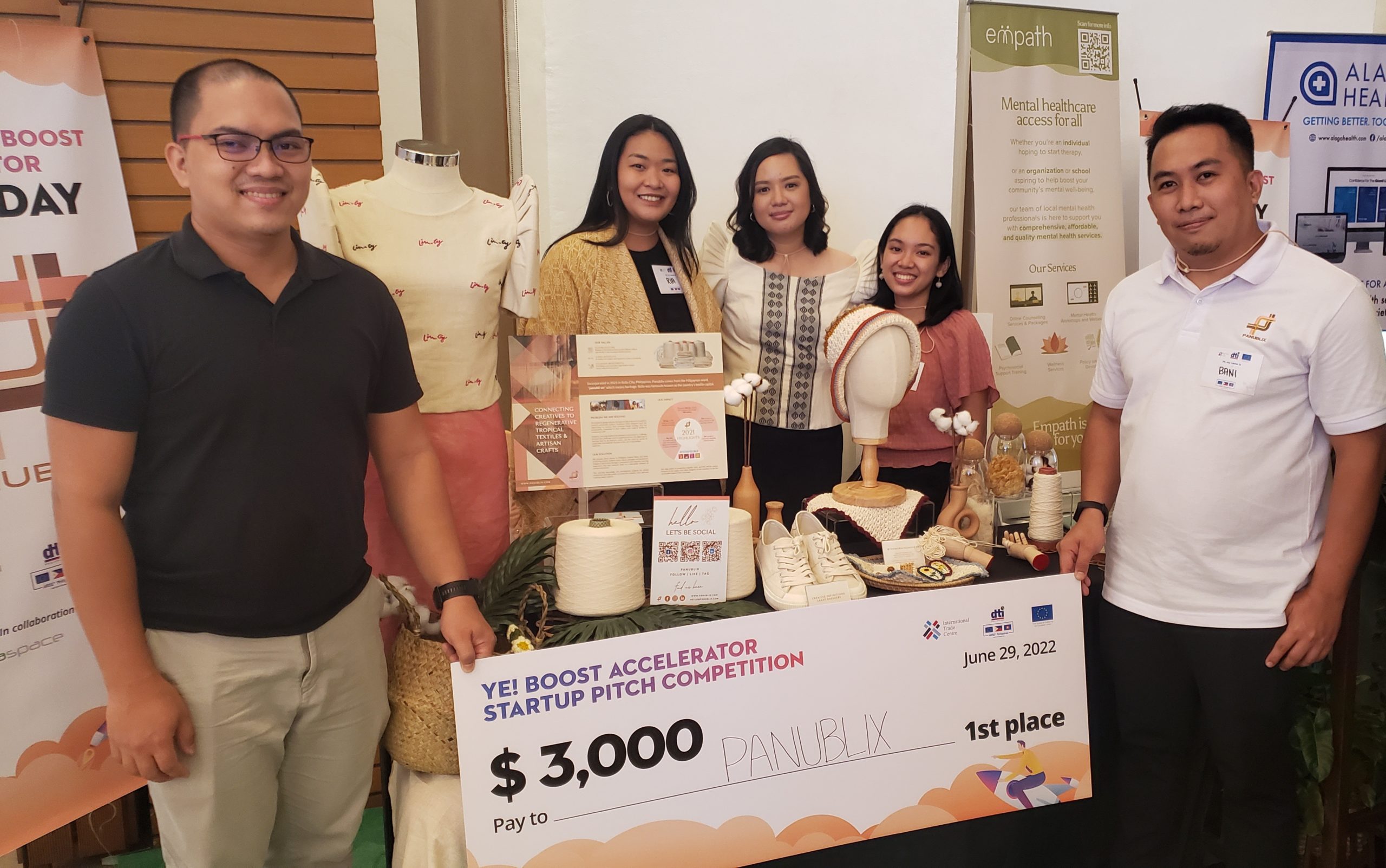
Partnering with Xendit
From sourcing sustainable tropical yarns and textiles for her seatmate to doing the same for other designers and brands, Noreen encountered another pain point: how do you accept and process payments from customers quickly and seamlessly?
As a startup focused on growth, Noreen was looking for a fintech partner that can take care of the payments side of the business, as she and her team take care of the research and development to keep Panublix growing.
Through the local startup community in the Philippines, Noreen discovered Xendit.
Xendit’s Incubation Award
Panublix joined Xendit’s Accelerator Program and won the Incubation Award. With this, Panublix is able to enjoy P 500,000 worth of fee waivers for two years. The program also helps connect Panublix to relevant learning opportunities to help the startup grow.
“I think the credits that Xendit gives are very attractive. That’s super helpful because as a startup, any cost-saving we have in transaction fees is super helpful,” explained Noreen.
Panublix used to have limited payment options. However, with just one integration with Xendit, they are able to accept payments through the widest range of payment channels in the country. This includes direct debit, e-wallets, and over-the-counter payments. Integrating with a reliable payment gateway like Xendit has made transactions with their customers much simpler and much easier.
Taking the mission of sustainability to a regional level
Panublix eyes expansion in the long term. Noreen underscores how important it is for them to partner with a fintech company with a regional reach. This is one of the key factors they chose Xendit as their payment gateway.
Noreen herself is part of a network of young entrepreneurs in the region called the Young Southeast Asian Leaders Initiative or YSEALI. This enables her to gain valuable insights from fellows from Indonesia, Malaysia, and even Vietnam.
“It just makes sense for us to have a platform that is already embedded in the region. So, in case that we have partners in Jakarta or in other parts of the region, obviously, they have different providers there, right? At least it would be easy for us to offer other payment solutions.”
The Panublix Weaving Enterprise Enabler (PWEDE)
Going deep into her goal of establishing a sustainable tropical textile ecosystem in the country, Noreen also wants Panublix to go beyond sourcing as a service. They are also trying to solve the challenges faced by artisans trying to sell their textiles to clients locally and overseas.
“Now the artisans, they want to be matched to these designers. And the designers use online tools to communicate. But the artisans obviously have a digital gap. They’re in rural areas, not much internet. And also, their level of digital adoption is still not like what people in the urban area usually have,” Noreen explained.
Because of this, they pioneered a program called Panublix Weaving Enterprise Enabler or PWEDE. It is both a social enterprise and a digitalization push that connects weavers to local and international buyers while providing easily accessible payment options for them. The program also formalizes the weavers groups. It helps make sure they comply with government business requirements and trains them on how to conduct their business.
With Xendit as their partner, they have so far onboarded 23 partner community enterprises. This includes 10 weaving enterprises and eight artisan communities beyond Western Visayas. They have also onboarded two indigenous communities, two garment makers, and one raw material fiber supplier. During the pandemic, Panublix generated nearly 300 jobs at a time when the textile industry was going through a rough patch.
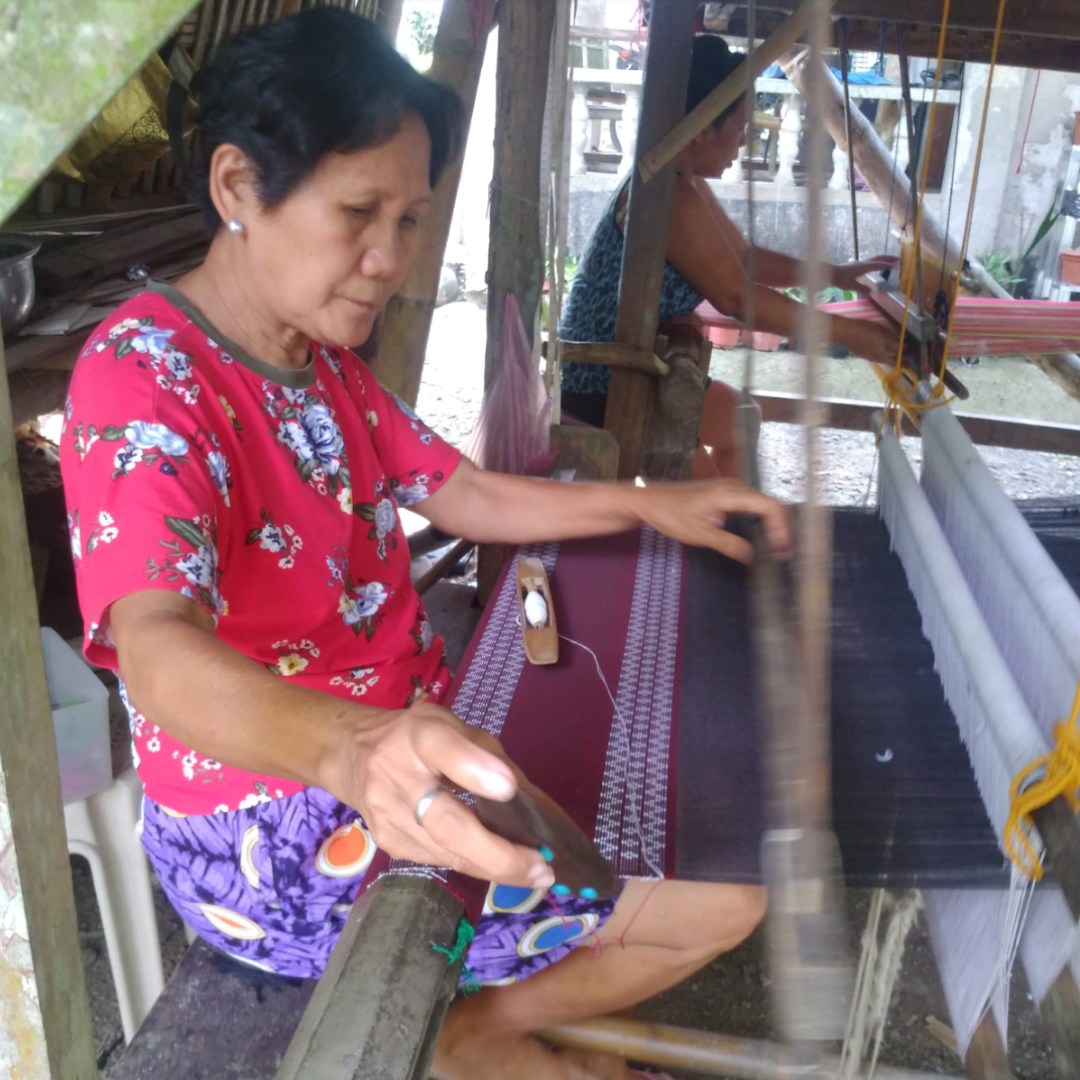
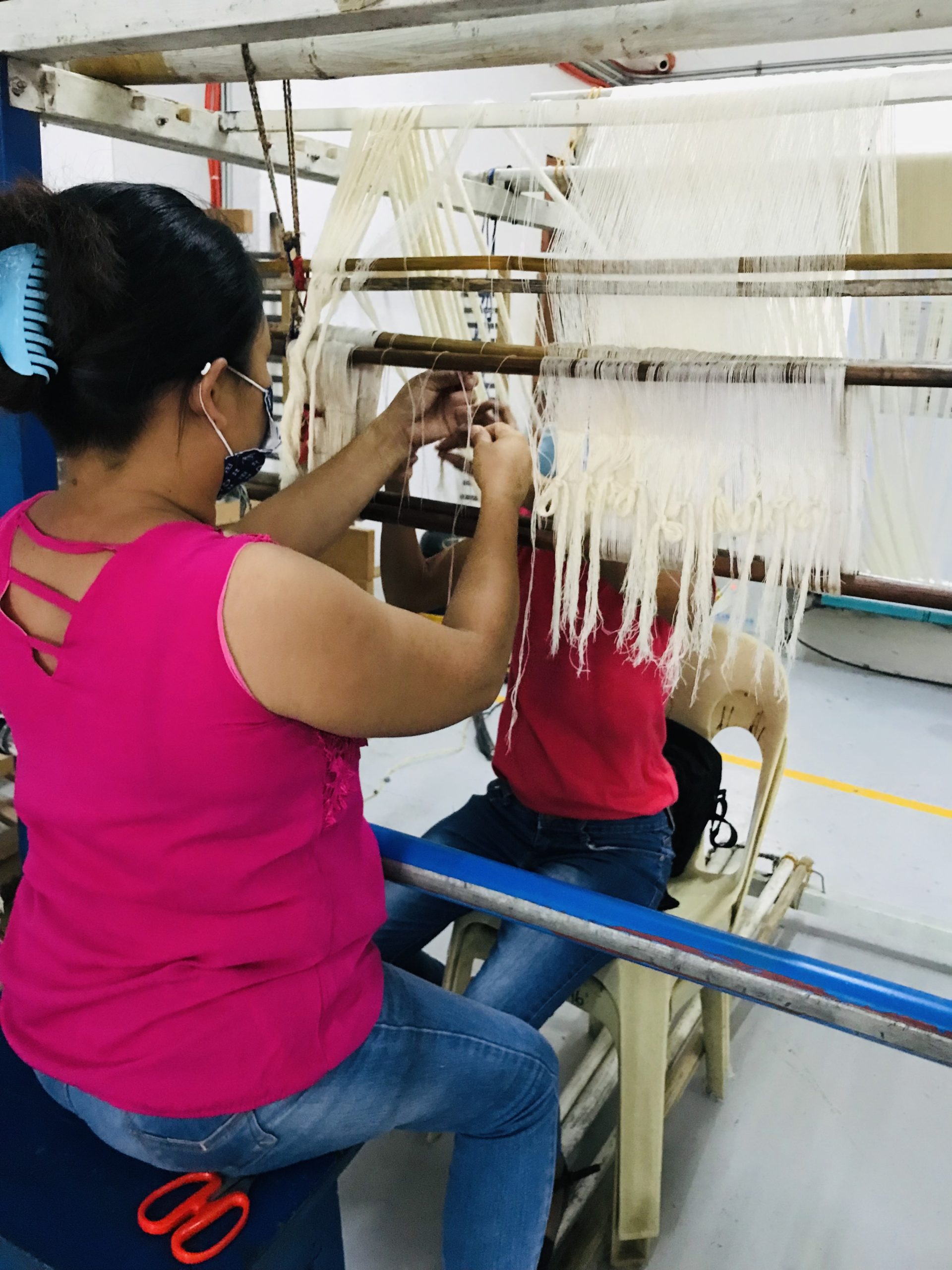
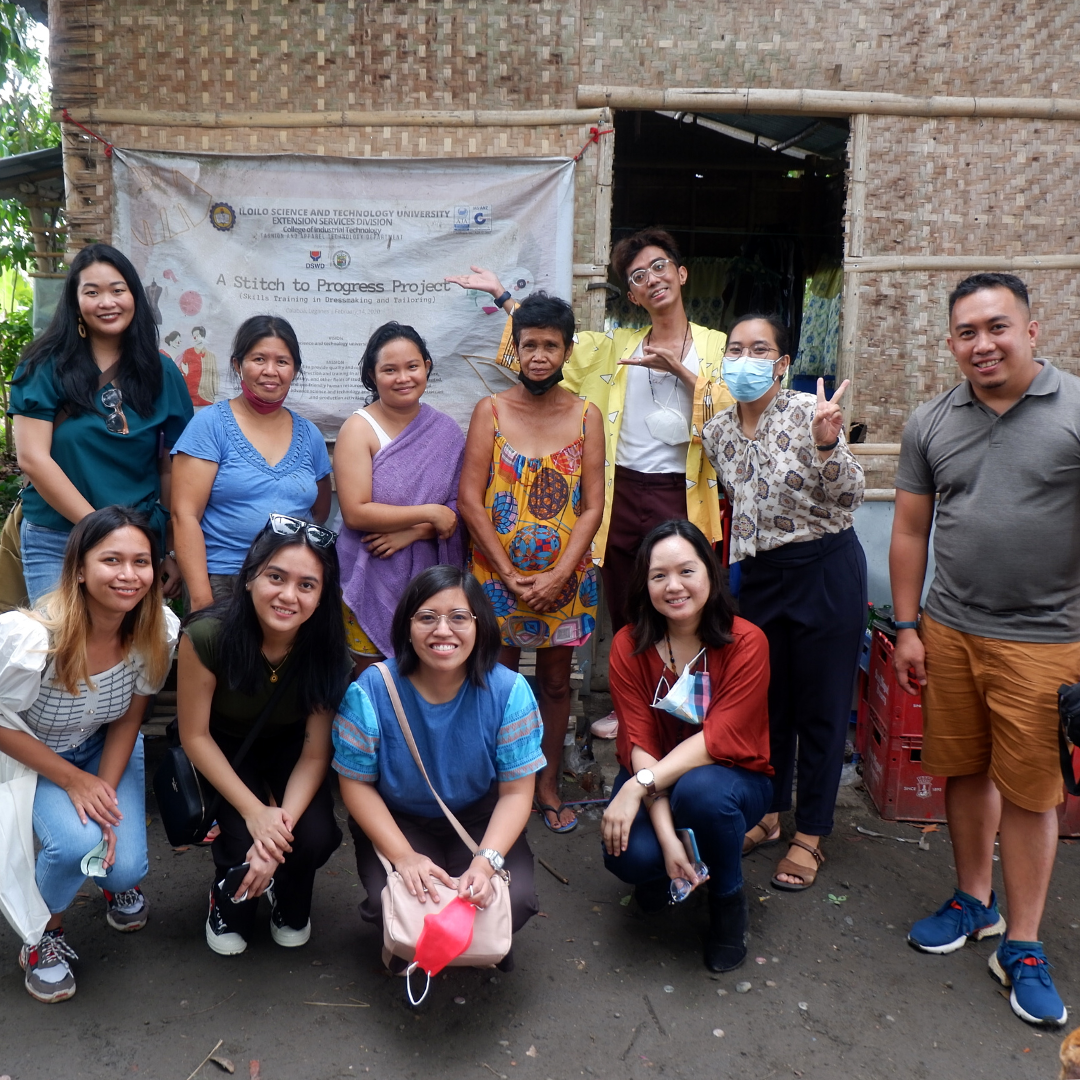
Revolutionizing the fashion industry with Xendit
Panublix’s efforts to revolutionize the local fabric and fashion industry have been recognized by various groups. In 2020, they were named as one of the Top 100 high-potential Philippine startups during the Philippine Startup Week. Early this year, they won the grand prize for the WE Rise x SheDisrupts Philippine Demo Day. The said event is a venture competition, mentorship and pre-acceleration program for women-led early stage social impact startups like Panublix. They also bagged the top prize at the ARISE Plus YE! Boost Accelerator Demo Day in June. The program funded by the European Union aims to empower youth-led startups by linking them to the European market.
As Panublix continues to set a new direction for the future of sustainable fashion in the Philippines, Noreen is optimistic about taking her mission to the next level, with the help of Xendit.
“As a startup, it’s very important to partner with a unicorn like Xendit. You guys have a big footprint in the region in general, in the Fintech space, especially. So, it’s really helpful to have a big brother-little sister kind of thing. It’s also very empowering. And it gives us a little more confidence to chart a road map for expansion. ‘cause we have a partner that is very much present in the region,” said Noreen

